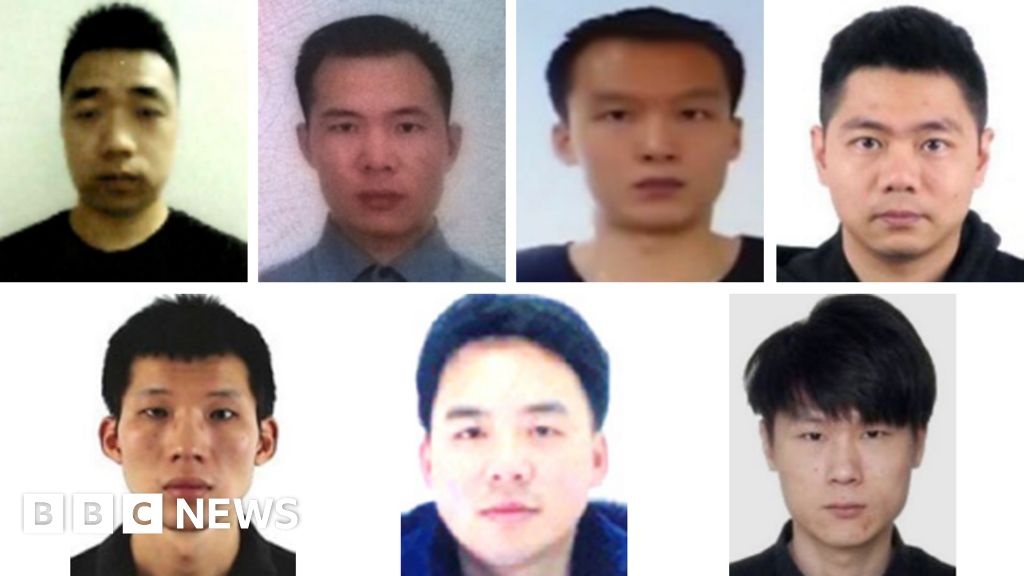CNN
—
A Thai appeals court on Thursday extended a man's prison sentence to 50 years for insulting the monarchy, in what is believed to be the harshest penalty ever imposed under the country's strict lese majeste law, according to a legal rights group.
Mongkol Therakhot, 30, an online clothing seller and political activist from the northern province of Chiang Rai, was originally sentenced in 2023 to 28 years in prison for social media posts deemed harmful to the king.
On Thursday, the Chiang Rai Court of Appeal found Mongkol guilty of about a dozen more violations of the lese majeste law and added 22 years to his sentence, Thai Lawyers for Human Rights said in a statement.
Thailand has some of the strictest lese majeste laws in the world, and criticizing the king, queen or crown prince can carry a maximum prison sentence of 15 years for each offense – making even talking about the royal family risky.
Sentences for those convicted under Section 112 of the Thai Criminal Code, or lese majeste law, can last for decades, and hundreds of people have been put on trial in recent years.
Mongkol, also known as “Puspas,” was arrested in April 2021 over 27 posts he made on Facebook during March and April of that year. A criminal court found him guilty of 14 lese majeste offenses and sentenced him in January 2023 to 28 years in prison.
The content of the posts was not clear.
The Court of Appeal on Thursday not only upheld Mongkol's previous conviction, but additionally convicted him in 11 out of 13 cases that the lower court had earlier dismissed, thus imposing a longer sentence on him, TLHR said.
The court told Mongkol that his sentence was reduced by a third due to his cooperation during the proceedings.
The High Court rejected Mongkol's bail application but TLHR said it intends to appeal the ruling.
“The record 50-year prison sentence imposed on (Mongkol) for his Facebook posts makes it undeniable that Thailand’s outdated lese majeste law is in dire need of reforms,” said Akarachai Chaimanikarakati, advocacy leader at TLHR.
Akarachai said this is a “wake-up call” for the government to “amend the law and bring it in line with international standards.”
“Thailand cannot expect to become a member of the UN Human Rights Council later this year if it refuses to address the elephant in the room,” he said.
The previous record imprisonment for a lese majeste conviction was in 2021 when Anchan Preelaert, 65, was sentenced to 43 years in prison for sharing audio clips on YouTube and Facebook between 2014 and 2015 that were deemed critical of the kingdom's royal family. The court initially sentenced Anshan to 87 years in prison, but reduced it by half due to her admission of guilt.
For years, Human rights organizations Free expression activists said lèse majeste was used as a political tool to silence critics of the Thai government.
Anyone—ordinary citizens as well as the government—can bring charges of lese majeste on behalf of the king, even if they are not directly involved in the case.
But human rights groups say the right to freedom of expression in Thailand has been under increasing attack since 2020, when youth-led protests broke out across the country demanding constitutional and democratic reforms that included reducing the military's power and influence in politics and reforms to the powerful monarchy. .
Since those protests began in July 2020, at least 1,938 people have been prosecuted for participating in political rallies and speaking out, 286 of which involved children, TLHR said.
The group added that at least 262 people were charged with lese majeste during that period.
Among the most famous cases is a prominent activist and lawyer Arnon Nambawho was sentenced in September to four years in prison for lese majeste over a speech he gave in October 2020. Arnon was one of the first activists to publicly call for reform of the monarchy during the protests.
Earlier this week, the Criminal Court sentenced Arnon to another four years in prison over three Facebook posts “criticizing the use of Article 112 and the property budget,” TLRH said.
Lèse majeste trials continue in Thailand despite a civilian government now in power, after nearly a decade of military-backed rule.
Later this month, the former leader of the Move Forward party Pita Limjaroenrat faces two rulings that could lead to him being banned from politics and dissolving the party.
The Progressive Party won the largest number of votes in last year's general elections, but was prevented from forming a government because it failed to win the support of parliamentarians on its royal reform agenda.
The rulings include a decision by the Constitutional Court on whether Pieta had sought to overthrow the monarchy through his election campaign to amend the lese majeste law.
Another arbiter will decide whether he violated election laws by running for office while owning shares in a media company — an allegation he denies.

“Coffee trailblazer. Certified pop culture lover. Infuriatingly humble gamer.”



